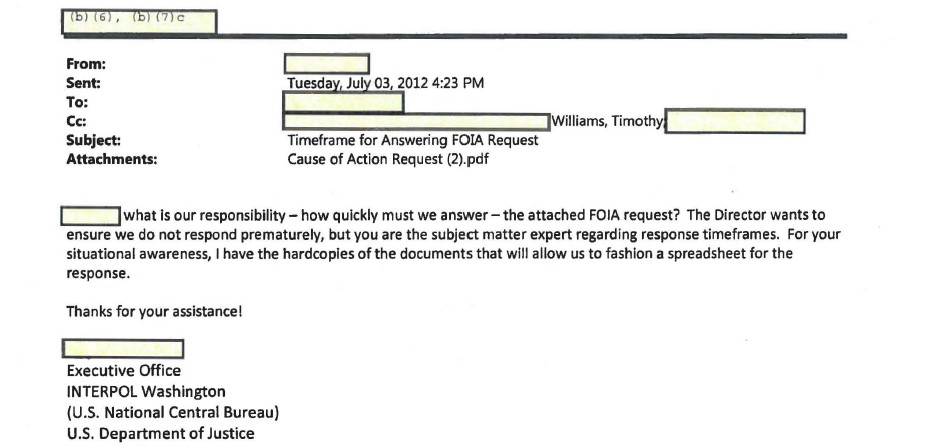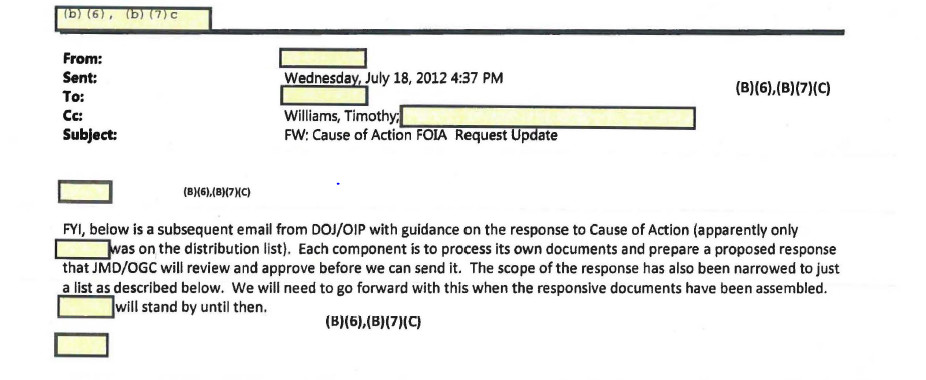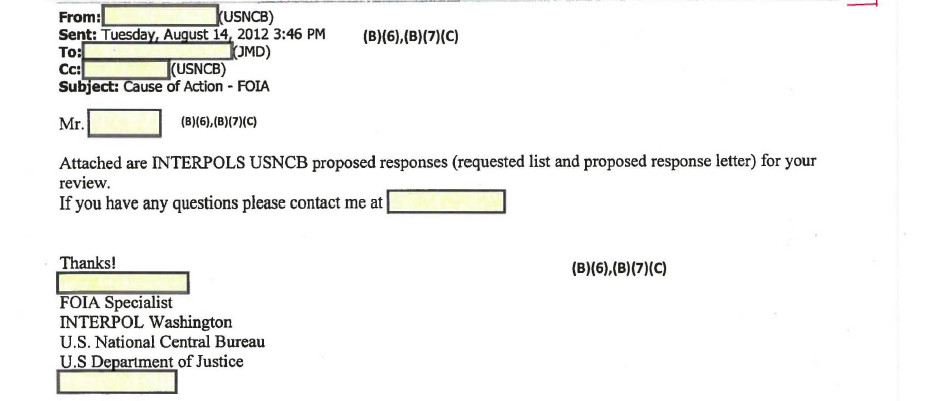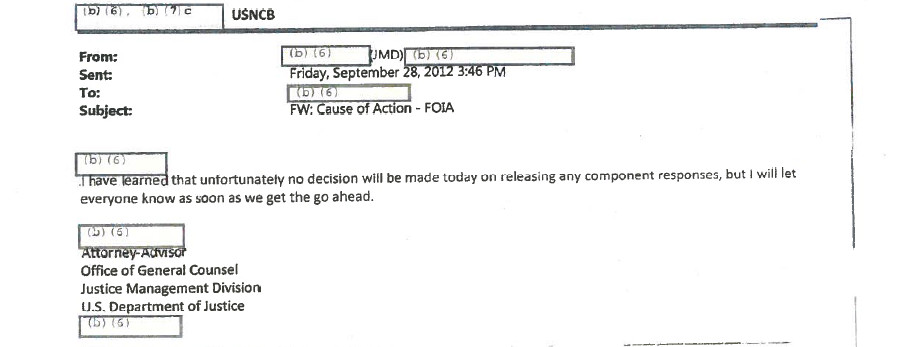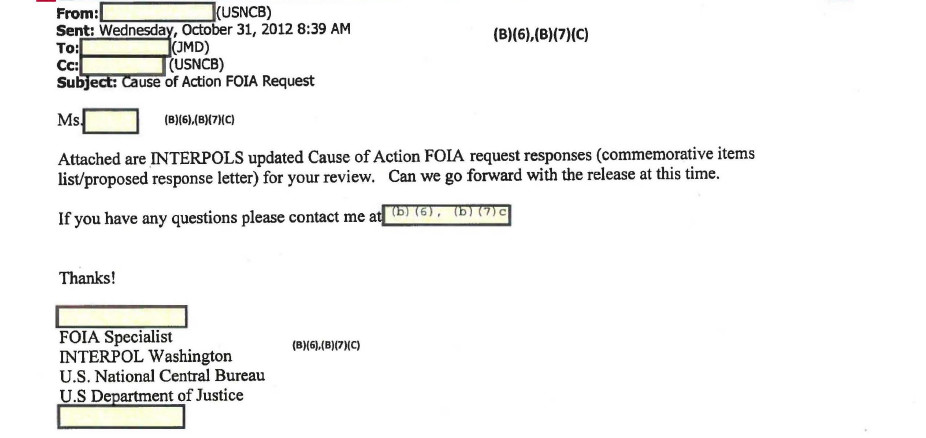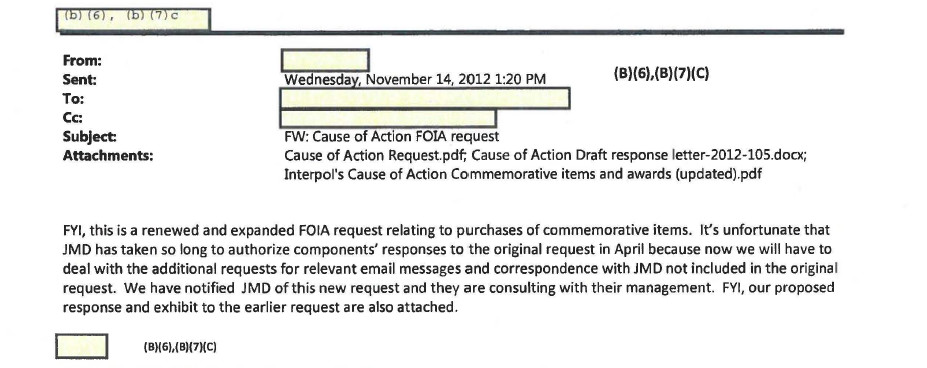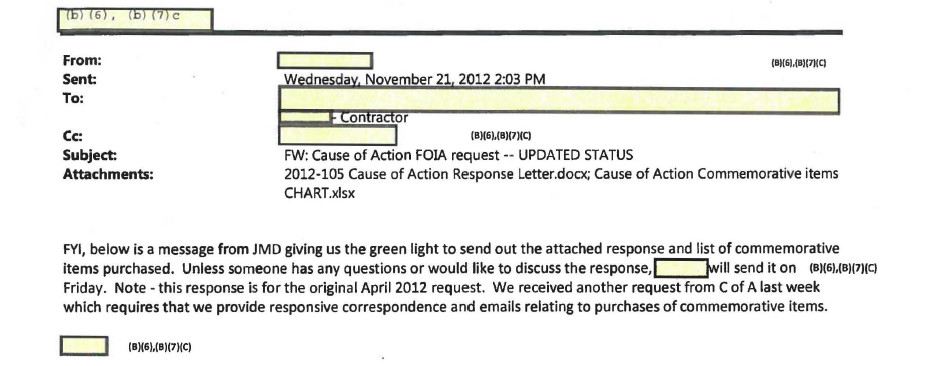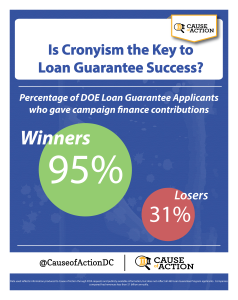
Thomas Perez: Justice belabored
By Dan Epstein, executive director, Cause of Action – 05/09/13 06:56 PM ET
On April 12, the Office of Special Counsel announced it was investigating allegations that B. Todd Jones, nominee to lead the DOJ’s Bureau of Alcohol, Tobacco, Firearms and Explosives (ATF), had retaliated against whistle-blowers at the U.S. Attorney’s Office in Minnesota, where he concurrently served as U.S. Attorney. But the U.S. Attorney’s Office in Minnesota, the DOJ, and concerns about whistle-blower protection are not just appetizers for corruption in Washington – they make up a main course that is about to become the meal ticket for a Cabinet appointee.
According to a recent Congressional report, Thomas Perez, current nominee for Secretary of Labor, struck a deal in early February 2012 with the City of St. Paul, Minnesota, in which St. Paul withdrew a Supreme Court appeal in a case involving the Fair Housing Act (FCA) as the DOJ declined intervention in two legal complaints against St. Paul.
The Congressional report states that Perez, current Assistant Attorney General for the DOJ’s Civil Rights Division, “sought, facilitated, and consummated this deal” that concerns three cases all involving minorities, housing, and the City of St. Paul.
On May 19, 2009, Frederick Newell, an African-American, brought a False Claims Act (FCA) case against the city of St. Paul for falsely certifying compliance with federal law in order to receive over $50 million in Housing and Urban Development (HUD) funds. On October 4, 2011, DOJ’s commercial litigation branch recommended intervention in the case, U.S. ex rel. Newell v. City of St. Paul, Minnesota, and on October 7, 2011, HUD agreed. On October 25, 2011, Assistant U.S. Attorney Greg Booker signed and forwarded the memo approving the DOJ’s intervention in Newell to Acting Associate Attorney General Tony West for final approval.
During the pendency of Newell, on February 18, 2011, Andrew and Harriet Ellis, providers of affordable housing to low income minorities for over thirty years, filed Ellis, et al. v. City of Minneapolis, et al., an FCA case against Minneapolis and St. Paul for falsely certifying to HUD compliance with community development requirements in order to receive over $150 million in federal fair housing funds.
Then there’s Magner v. Gallagher, where, on September 1, 2010, the Eighth Circuit held that St. Paul violated the FCA because its municipal housing code enforcements disproportionately harmed African-Americans. According to Congressional investigators, this holding buttressed a theory that Perez had used to “secure multimillion dollar settlements,” and when the Supreme Court agreed to hear St. Paul’s appeal on Gallagher in November 2011, this gravy train was threatened. Hearing the case would ultimately expose Perez’s agenda and shine light on the precedent he was setting through his discriminatory and disparate housing approach.
On November 22, 2011, Thomas Fraser, a lawyer representing St. Paul, exchanged e-mails with Perez concerning both Gallagher and Newell. Notes obtained by Congressional investigators reveal that on a November 28, 2011 call led by Perez, declining intervention in the FCA case was described as “leverage” for getting St. Paul to drop its Supreme Court petition in Gallagher. That same day, Perez sought DOJ ethics advice concerning whether his settlement with St. Paul in Gallagher, which he disclosed was predicated on an agreement by the government not to intervene in Newell, created any ethics prohibitions. He asked HUD General Counsel Helen Kanovsky to reconsider HUD’s support, and by November 30, 2011, HUD “changed its mind” recommending declining intervention in Newell.
On February 3, 2012, Perez struck a deal with St. Paul Mayor Christopher Coleman. By February 9, 2012, Associate Attorney General Tony West formally declined intervention in Newell. The following day, St. Paul withdrew its Gallagher petition before the Supreme Court. And on June 18, 2012, the United States notified the U.S. District Court in Minnesota of its decision not to intervene in Ellis.
Thomas Perez thought the Supreme Court would tarnish his political achievements and induced St. Paul to withdraw its petition by pressuring the government to decline intervention in two FCA suits. Neither Fredrick Newell nor the American taxpayers who funded St. Paul had any say in the adequacy or fairness of Perez’s deal. An originally slam dunk FCA case – returning millions of dollars to the taxpayers – is now in jeopardy.
The DOJ’s Civil Rights Division was created through the passage of the Civil Rights Act of 1957, established to uphold the civil and constitutional rights of the most vulnerable members of our society. But as the Congressional report details, Thomas Perez, who today leads the Civil Rights Division and is likely to soon lead the Labor Department, used his political skill and legal acumen to induce a quid pro quo last year that fundamentally disenfranchised those vulnerable members of society he swore to protect.
Dan Epstein is the executive director of Cause of Action, a non-profit, nonpartisan organization advocating for government accountability.
Read more: http://thehill.com/blogs/congress-blog/labor/298931-thomas-perez-justice-belabored#ixzz2SqKzXpTs

